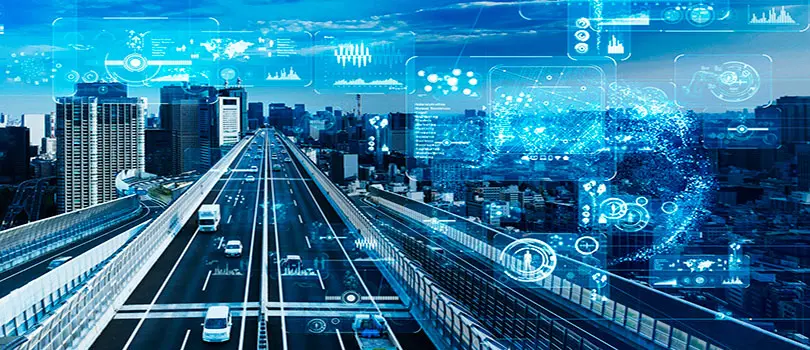Entrevista con Magdalena De Luca: Emma Barrios en exclusiva
En un episodio especial del podcast de Emma Barrios, la estratega digital y CEO de Sybven, Magdalena De Luca, entrevista a la Vicerrectora de Desarrollo y Aprendizaje Digital de la Universidad Continental de Perú, Emma Barrios.
El tema principal de la entrevista fue ahondar en la innovación en la educación, con el enfoque en las tendencias, transformación digital y humanización en instituciones educativas, en un episodio especial para toda la comunidad de docentes y estudiantes.
La tecnología debe ser desarrollada por personas
En el podcast, las especialistas en transformación digital e innovación en la educación, abordaron la coyuntura actual de las instituciones: ¿cómo se puede transformar digitalmente sin dejar a un lado la humanización? Y, ¿cuál camino seguir para la educación en una nueva realidad: modalidad presencial, digital o híbrido?
“Lo primero que hicimos fue acudir y recurrir a eso que tenemos los docentes y las personas que trabajan en la universidad: nunca quedarse conformes con un reto, ese ADN de innovación es lo central que trabajamos cuando hablamos de la transformación digital en la institución […] es algo que logramos desarrollar y es lo que nos permite realmente lograr una transformación”. Expresó Barrios ante la humanización en la transformación digital de la institución.
El camino correcto hacia el futuro
Tanto Emma Barrios como Magdalena De Luca coinciden en que, enfrentarse a un nuevo entorno y una nueva realidad es un reto y se debe trabajar por ajustar a las instituciones a las necesidades del contexto, hacer educación para humanos con transformación digital e innovación.
“No podemos dar marcha atrás, la tecnología avanza […] pareciera que muchos moderadores no entienden la generación a la cual nos estamos enfocando, una generación completamente digital; debemos seguir insistiendo […] la Universidad Continental de Perú va a seguir impulsando la transformación digital”. Manifestó De Luca sobre los siguientes pasos ante la transformación digital en las instituciones.


Asimismo, Barrios coincidió con De Luca: “definitivamente, no podemos dar marcha atrás, es nuestra vocación de innovadores […] es una responsabilidad, nosotros formamos personas para el futuro, entonces, tienen que estar preparados para ser vigentes en ese mundo, para responder a necesidades de ese futuro, que, efectivamente, es digital”.
Tecnología inclusiva
Para ambas expertas, responder a necesidades es fundamental para las instituciones, y, gracias a la tecnología se pueden trascender distancias, facilitar la educación a personas con discapacidad, unir a las personas, volver a la familia, ahorrar tiempo y dinero en transporte y vialidad.
“Con la tecnología podemos potenciar eso que sabemos hacer bien, que es saber educar. Potenciar la capacidad de llegar a esas personas que se encuentran en lugares alejados o trabajando en cualquier lugar del país y que necesiten una educación diferente, a distancia, flexible, que tenemos las obligaciones de ofrecer las universidades”. Puntualizó Barrios

“Además, humanizamos: volver a las casas, volver a las familias, y poder utilizar el tiempo de una forma más abierta y más efectiva […] tenemos que seguir trabajando por impulsar los cambios reales que necesitan nuestros países y todo el entorno, para ese futuro digital, que será y será, de verdad, lo que pueda hacer que humanicemos más”. Enfatizó De Luca.






